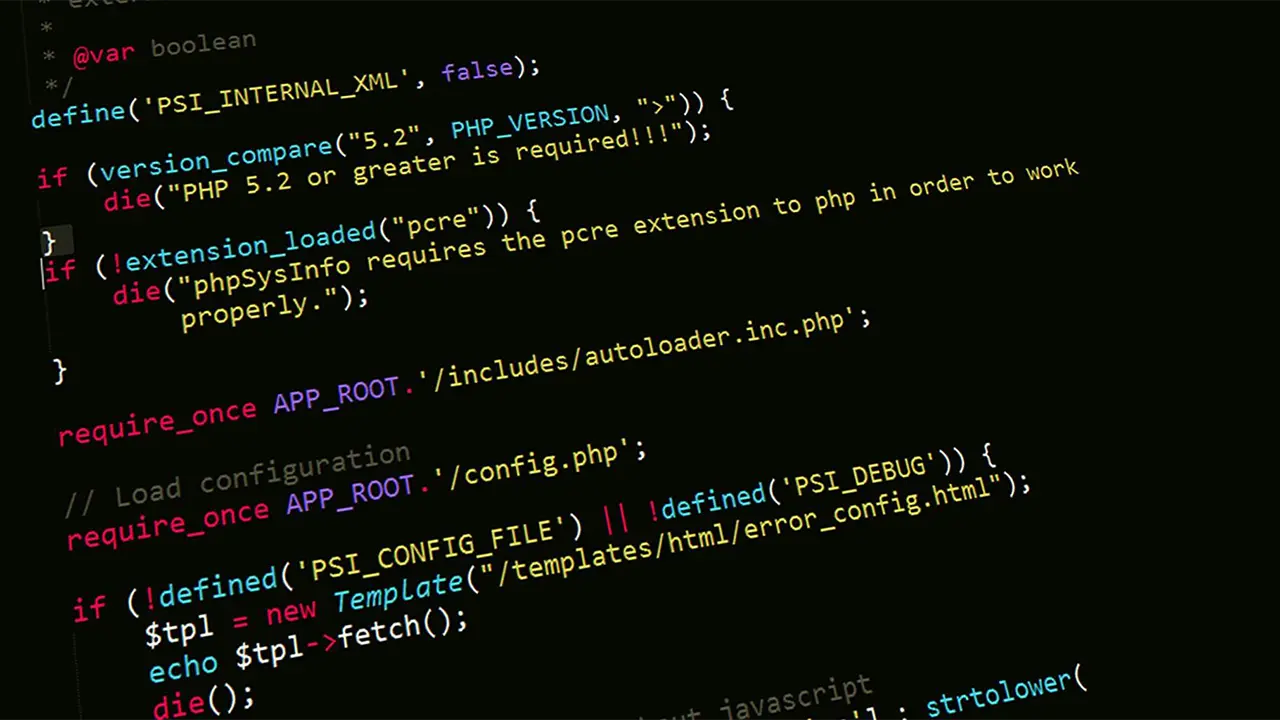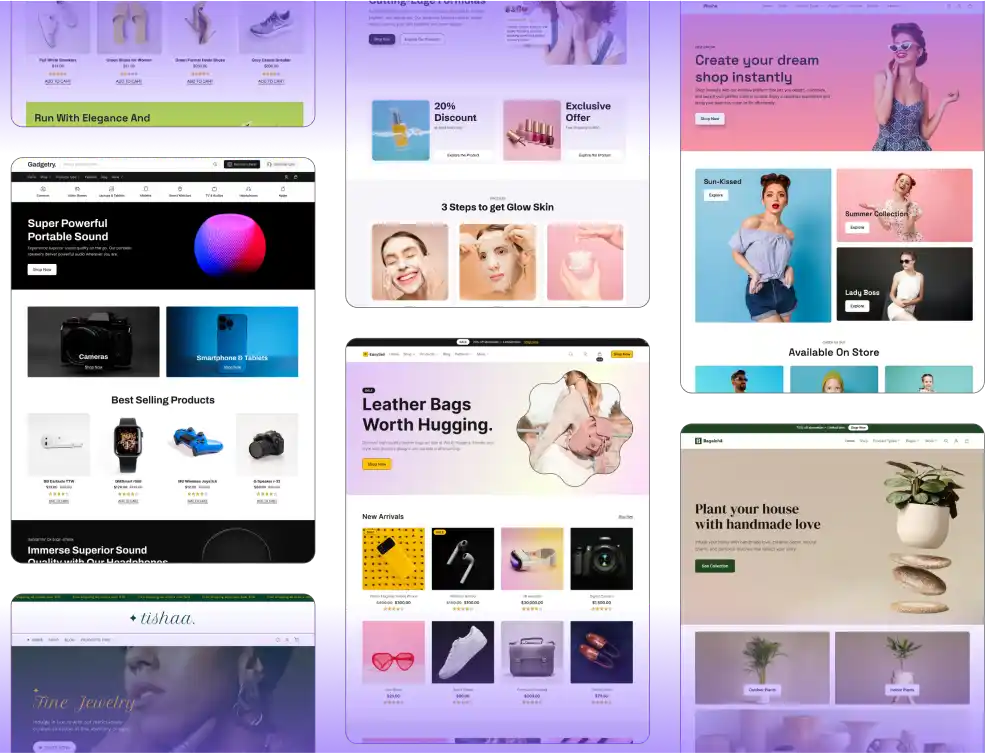We live in a world powered by code — from the apps on our phones to the algorithms recommending our next favorite show. Yet, for many, the concept of “code” remains a mysterious string of symbols understood only by computer scientists. In truth, coding is simply a way to communicate with machines, instructing them to perform tasks efficiently and accurately.
As we move further into the digital age, understanding even the basics of coding is becoming a vital skill, opening doors not just to tech careers but to creative problem-solving across countless industries.
The rise of no-code and low-code platforms might make it seem like traditional coding is becoming less important, but in reality, it’s more relevant than ever. These platforms are built on layers of code written by developers who understand the intricate workings of programming languages. Whether you’re crafting a website, developing a game, or automating a task, having a grasp of how code works provides deeper control and flexibility. In the digital age, learning to code is like learning a new language — it’s a powerful tool for participation, innovation, and creation.
What Is Code, Really?
At its core, code is a set of instructions that tells a computer what to do. Just as humans use languages like English or Spanish to communicate, computers rely on programming languages like Python, JavaScript, or C++ to process commands. These languages translate human ideas into a form machines can understand, enabling everything from simple calculations to complex software systems. For beginners, learning to code often starts with understanding logic: if-this-then-that conditions, loops that repeat tasks, and variables that store data.

But code isn’t just about syntax and rules — it’s about creativity. Coding allows people to build, explore, and solve problems in unique ways. Whether designing a sleek website interface or developing an app that tracks fitness goals, coding gives life to ideas. It’s this blend of logic and imagination that makes coding such a compelling and valuable skill, especially in a world that’s becoming more digital by the day.
Why Coding Matters Today
The demand for coding skills extends far beyond the tech industry. In marketing, data analysis, healthcare, finance, and even art, coding enables automation, personalization, and innovation.

Businesses use code to streamline operations, analyze trends, and create digital products, while individuals harness it to bring personal projects to life. As industries continue to digitize, knowing how to code can offer a significant advantage — not just for professional advancement, but for understanding the tools shaping our daily lives.
Great adventures deserve great sound. Choose a Gadget that amplifies every moment, wherever life takes you.
James Cooper
The First Step: Getting Started
Learning to code has never been more accessible. With countless online resources, interactive tutorials, and supportive communities, beginners can start experimenting with code in minutes. Platforms like Codecademy, freeCodeCamp, and GitHub offer structured learning paths, while visual tools like Scratch help younger audiences grasp core programming concepts. The key is to start small, stay curious, and embrace the mindset of a builder. In the digital age, anyone can become a creator — all it takes is that first line of code.


Leave a Reply